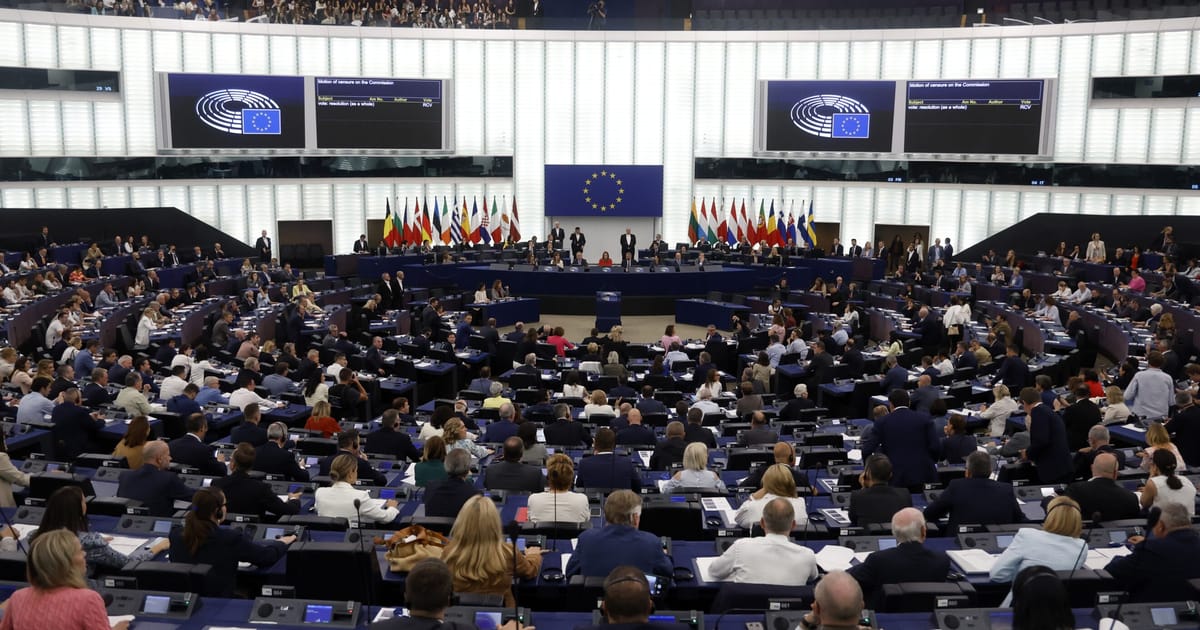The move is likely to exacerbate tensions between the Commission and Hungarian Prime Minister Viktor Orbán, who faces the very real prospect of losing power after 15 years in an election slated for 2026. He’s had a turbulent relationship with EU policymakers and fellow governments, which have criticized what they see as his Russia-friendly and authoritarian policies.
While the EU has taken action against Hungary and already withheld some funding ― and Orbán has made life difficult by threatening to block European efforts to sanction Moscow ― the next budget “will provide for a streamlined and harmonized conditionality system for all EU funds allocated to member states,” according to the document.
The Commission wants to move away from the current system where “member states with particular issues could be tempted to shift some investments between programs to avoid being subject to a particular condition,” it states.
Several EU countries supported tightening the link between the rule of law and funding in their submissions to the Commission ahead of the budget proposal. After its publication, governments will begin negotiations with each other on a final text ― but this is a lengthy process that is not expected to conclude until 2027.
“The Conditionality Regulation must be applied to all EU funding,” Finland wrote in its position paper on the new budget, seen by POLITICO.
But Hungary retorted in its own document that these rules “allowed for exerting arbitrary political pressure in policy areas unrelated to the protection of the Union’s budget.” Slovakia, which has also been criticized over rule-of-law issues, echoed these arguments in its own submission.
